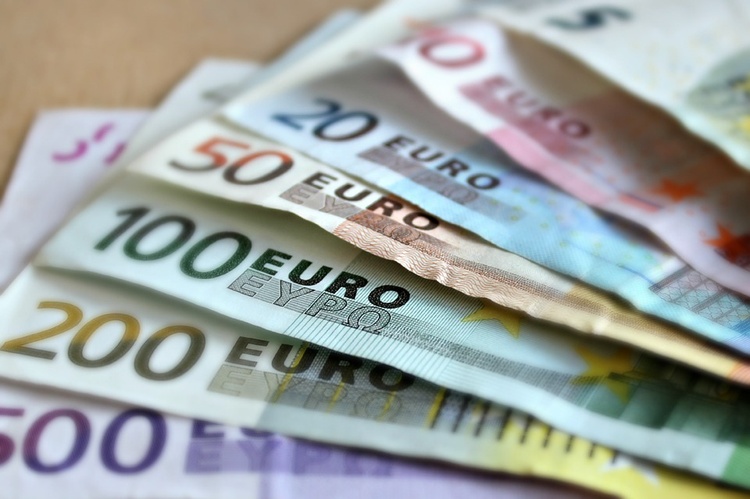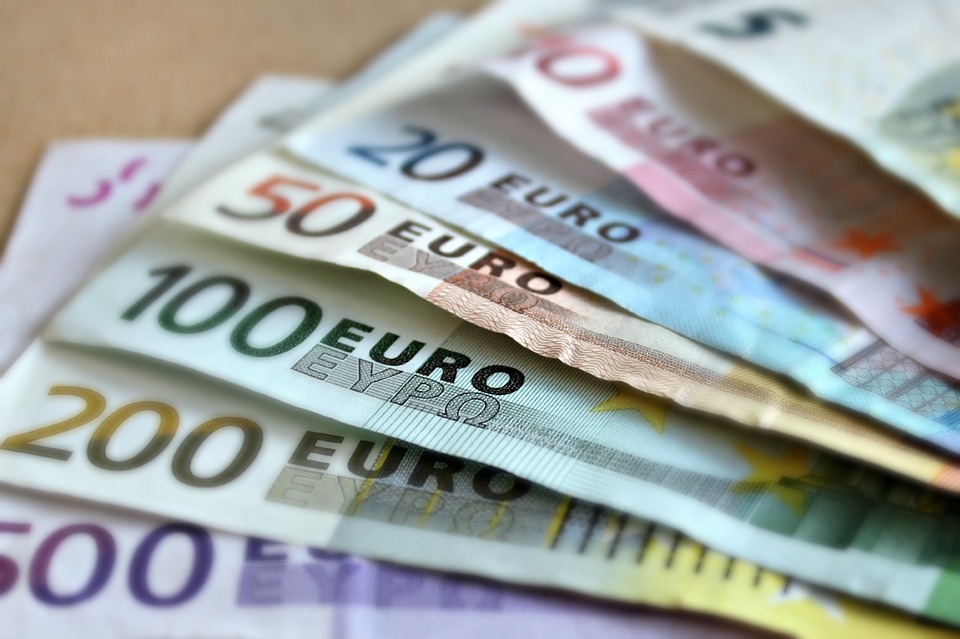The country’s gross domestic product fell by 12.8 per cent in the second quarter compared to the previous quarter, and by 17.7 per cent versus the same period last year, according to national statistics agency ISTAT.
“The full estimate of the quarterly economic figures confirm the exceptional extent of the drop in GDP in the second quarter, due to the economic effects of the health emergency and the containment measures adopted,” ISTAT reported.
The contraction was even worse than predicted in July, when the agency estimated a second-quarter drop of 12.4 per cent.
A recession is commonly defined as two consecutive periods of a quarter-on-quarter drop in GDP.
Italy’s economy shrank 5.4 per cent in the first quarter.
In the second quarter, household spending fell by 11.3 per cent compared to the first quarter, while exports plummeted 26.4 per cent, ISTAT said.
Overall, Italy will lose €16 billion in consumer spending in 2020, an average of €1900 per capita, retail group Confcommercio said on Monday.
This will be a year-on-year drop of 10.9 per cent at a national level, it said.
The north is the worst-hit area with an 11.7 per cent drop, with almost 60 per cent concentrated in eight regions.
Lombardy, home of the financial capital Milan, is to see the biggest drop, worth €22.6 billion.
The south will see a drop of 8.5 per cent.
Italy, the first European country to be hit full force by the coronavirus pandemic, went into total lockdown in early March and slowly emerged from the strict measures from early May.
The country is set to suffer its worst recession since World War II this year, with experts estimating GDP to plummet between 8 to 14 per cent.
The government has so far approved about €100 billion euros in stimulus to try to save the economy.
Some of that money will come from the EU, with Italy expected to receive the biggest share of a €750 billion recovery fund approved by bloc.
Italian Premier Giuseppe Conte told the Senate in Rome last month that the country will benefit from total funding of €209 billion in grants and loans under the package.












